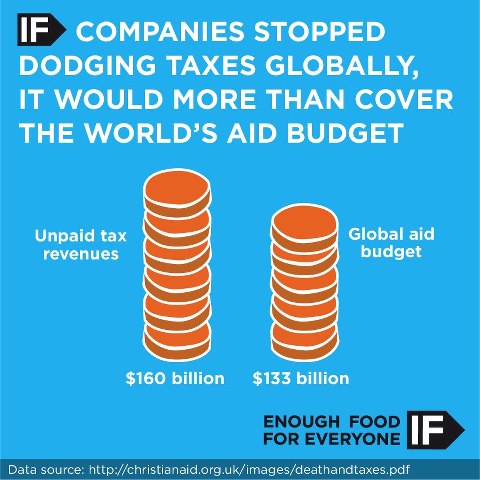When I was younger there was a church I used to walk past every day in the center of town. It was called St Thomas’ Church. And as a small boy what an impressive place it was. There were huge vertical lines that were accentuated by the spacing of ornately carved pillars. Each window consisted of intricately cut coloured glass creating beautifully illustrated scenes from the bible. In one window there was ‘The Good Samaritan’ placing the beaten and robbed man upon the back of his donkey. He was then shown taking the man to be looked after. Then little gold coins were depicted as little yellow discs of glass being handed over to the innkeeper for his trouble. In another window there was the last supper. A simple shared meal between friends that symbolized the relationship God has with the world. There was this huge table at which people were invited to come and share the Passover. Jesus sat with his disciples as he welcomed them to come and eat with the God-man. St Thomas’ was an impressive place. It was a spectacular place. When the summer sun shone through the windows and the incense was wafting between the pillars it created a dazzling sight as streaks of reds and blues and greens danced through the air.
Anybody who was anybody would be found there on a Sunday morning. The Mayor would be there two rows from the front. Behind him would sit the headmaster in the next pew. Everyone was highly polished and neatly trimmed. Partings were always worn and suits were neatly pressed. Sunday best was the order of the day. All of the people from the town we lived in who had any kind of status could be found there. Everyone was ‘just so’. As you looked around the congregation each Sunday morning you could see lots of white faces and nuclear families. Mum and dad would bring the two point four children through the big oak doors each week. In this congregation everyone was the “right type of person”. There was no one in this place who could really be called “poor”. Over the years plenty of people had come in and quickly gone back out because they soon realized that they weren’t the “right type of person”. Here at St Thomas’, people in need were out of the question. People with the wrong kind of accent need not apply. If you are going to grace a pew, make sure your surname isn’t Unpronounceableovic. Heaven forbid you would have a different coloured skin!
There was one family who attended for many years. Mum and dad and 2.4 children happily coming to church each Sunday. Dad had a good job and a company car. Mum stayed at home and looked after the children. The cracks started to appear when dad was made redundant. Gone was the company car. Then one thing led to another and their marriage broke down. It is hard work going to church when you find out that after ten years you are no longer the “right kind of people”. Suddenly mum was taking the 2.4 children to St Thomas’ by herself. No one said anything directly to her but she could tell. There were conversations that would suddenly stop whenever she approached. There were cups of tea passed to her with a knowing smile. After a couple of weeks the energy it required to get the kids out of bed, dressed and ready for church was just not there. The small nuclear family stopped being the “right sort of people” each Sunday morning. As you might imagine, St Thomas’ did not receive many new members. Its members simply grew older.
Years later as an adult I learned that St Thomas’ Church had closed. There just weren’t enough of the “right type” of people. They just didn’t exist, I guess. One time I went back to that town and there I was passing beside the familiar gothic architecture and the ornately carved pillars. St Thomas’ church building was still standing only now it was a restaurant. Oddly given the history of the previous occupants of the building it was a curry house called the Indian Cottage. I walked in through those massive gothic doors and where there had once been pews, now there were tables, waiters, and people eating dinner. Candles were lit at each table and people were eagerly tearing naan breads and pouring fresh glasses of wine. The familiar hubbub of community meals was all around as the sound of glass upon glass clanking together and laughter filled the building. As I looked down the nave of the ancient gothic church to where the altar had once sat underneath the image of the last supper, now there were tables.
A young waiter came over to us and asked if we’d like a table for two. My wife and I exchanged a glance as I responded to his question with a simple “yes please”. We were escorted to a table at the back of the restaurant where the sanctuary had once been. The young man took our coats and pulled out a chair for my wife to sit at. He asked if we would like to order drinks and I asked for a bottle of the house white. As he went to get our drinks I began to unfold my serviette and turned to my wife. As I pulled myself closer to her over the table with said with a hushed tone “Now, I guess everybody is finally welcome to eat at this table”.


